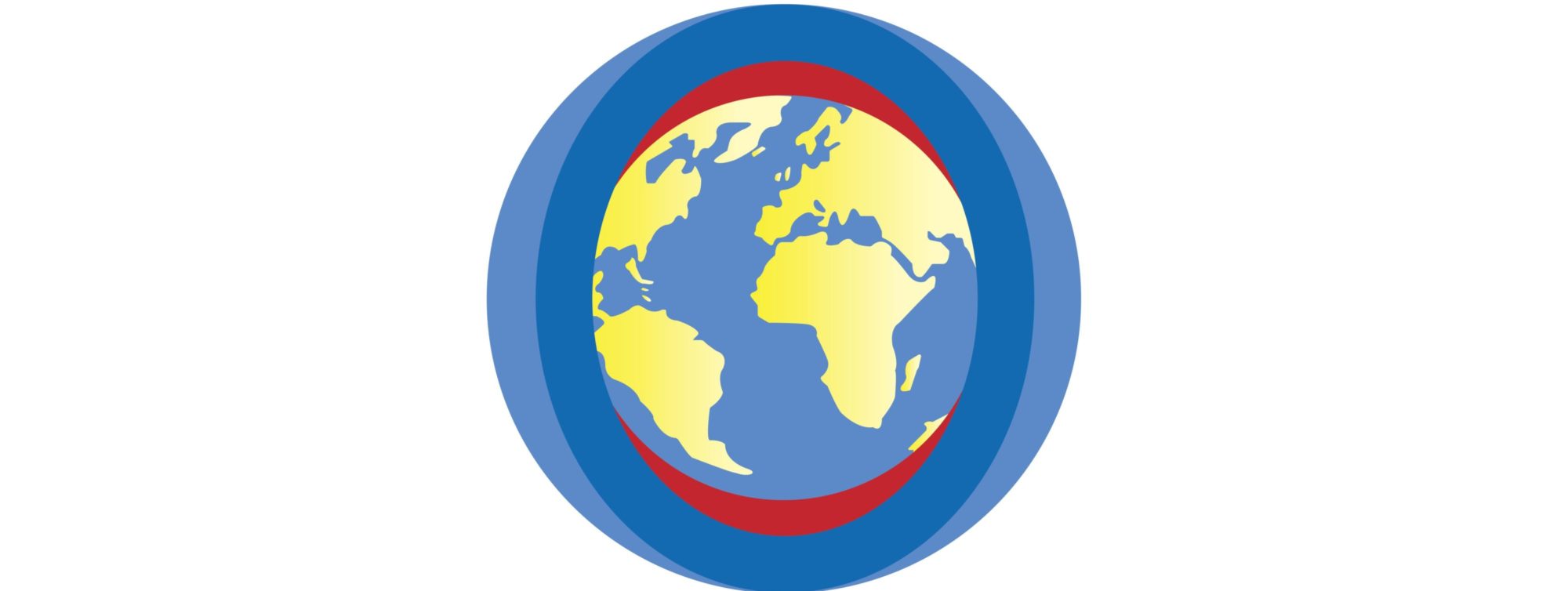As a diabetes educator, I have heard many people with diabetes say to me, “I did not want to come see you because I have bad control of my diabetes.” Some have even said, “I feel I have done everything that I can possibly do and I still have poorly controlled diabetes.” These statements reflect a sense of shame, blame, and frustration. My heart sinks every time I hear these statements. I want to yell it from the mountain tops a person with diabetes does not have to have it “all together” in order to see their diabetes educator or provider. Your diabetes educator and provider are here to support and empower you along this tough journey rather than place judgment on you. Yet, I also get that some diabetes educators and providers do judge people with diabetes based on what a person’s current A1C or blood values are.
So what are any alternatives to the term “control,” when used as a verb or adjective? “Manage” is an ideal alternative. So why? In reality, diabetes is a disease where the body no longer does what it is designed to do so “control” is really difficult to achieve in such a reality. By focusing on what the person is doing well, helps develop a structure to help the person build upon what that they are already doing well. It is not good or bad. Terminology that does not induce blame, shame or judgment is important. Have any of us ever benefited from being kicked when we were down or struggling? I certainly have not!

Control when used as a noun is often stated as good control, bad control, or poor control. It takes only a moment to realize that it creates a swinging pendulum where one feels temporarily uplifted when they have “good control” and defeated when they are pronounced to have “bad or poor control.” The reality of diabetes, like any other chronic disease, is there are days where all is going as one would hope and then we have those days where the feeling of what else could go wrong emerges. Alternatives for control should be based on neutral words and on physiology. Terms such as glycemic variability/stability/target/goal, blood glucose levels/targets or A1C are more objective and based on biology.
In closing, a short story about Betty. I have been seeing Betty as her diabetes educator for a year. When I began seeing Betty, she would refer to herself as a “bad diabetic?” She would list off all of the self-management behaviors that she considered herself “failing” at. Betty really struggled to identify those behaviors that she had consistently performed. Finally, after about six months, Betty began to start off the conversation with behaviors that she consistently performed such as taking her insulin injections, following her eating plan and utilizing Freestyle Libre system for tracking glucose. Interestingly, Betty found herself building more positive behaviors upon other positive behaviors by shifting her focus from good or bad control.
Special thanks to Jane Dickinson, Susan Guzman, Melinda Marynik, Catherine O’Brian, Jane Kadohiro, Richard Jackson, Nancy D’Hondt, Brenda Montgomery, Kelly Close and Martha Funnell who wrote Use of Language in Diabetes Care and Education






